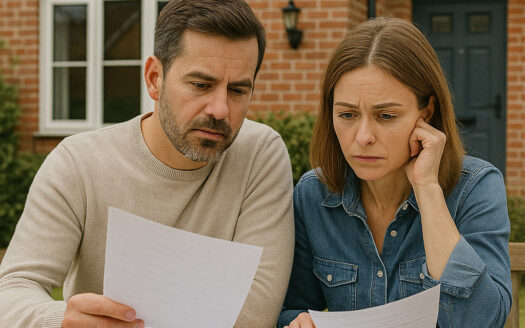Handling Rental Emergencies: A Landlord’s Guide
No one enjoys receiving that dreaded late-night call about a burst pipe or a broken boiler, but as a landlord, handling emergencies is part of the job. How you respond can significantly impact tenant trust and the longevity of your property investment.
Understanding Emergencies
First, it’s essential to define what constitutes an emergency. Typically, this includes situations that threaten health, safety, or the structural integrity of the property. Think gas leaks, electrical failures, or heating breakdowns during winter. Clear communication with tenants about what qualifies as an emergency and how to report it is crucial. A well-documented process in the tenancy agreement can streamline this.
Be Prepared with Trusted Contractors
Having a list of reliable, qualified contractors is invaluable. In the heat of the moment, scrambling to find help can be stressful and costly. By establishing relationships with tradespeople beforehand, you ensure quick, efficient responses when emergencies arise.
Swift Action is Key
Legal obligations require landlords to maintain a safe, habitable property. Delays in addressing emergencies can lead to compensation claims or enforcement actions. Acting promptly not only meets legal requirements but also reinforces tenant trust.
Follow Up and Foster Goodwill
Once the issue is resolved, check in with your tenants to confirm their satisfaction. This follow-up demonstrates your commitment to their well-being and can strengthen your landlord-tenant relationship.
Prevention is Better Than Cure
Regular maintenance and inspections can prevent many emergencies. By keeping your property in top shape, you reduce the chances of unexpected issues cropping up.
At James Anthony, we understand the importance of being prepared and responsive. Emergencies may be unpredictable, but with the right approach, you can manage them effectively, ensuring peace of mind for both you and your tenants.





